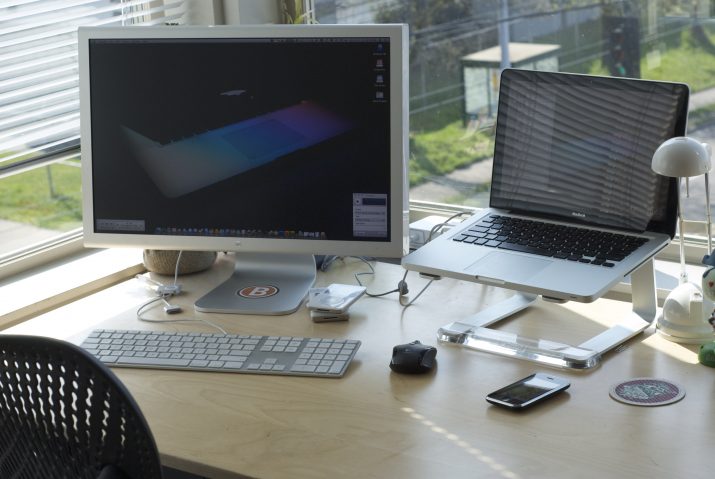7 Important Security Tips For Your Windows PC
By Abhijeet Mukherjee
November 12, 2008 • Fact checked by Dumb Little Man

We know that Windows is by far the most popular operating system in the world. However, that doesn’t make it the most secure operating system.
Since Windows has the widest reach among masses, it has always been the prime target of hackers and spammers. Hence, when compared to other major operating systems like Mac and Linux, you’d find Windows to have the most risk.
There are many ways for regular people to protect themselves from these vulnerabilities. I will share seven such tips below and while these tips may not guarantee foolproof security, they do make your computer less prone to attacks and hence, more secure.
Use OpenDNS
This tip should be considered as a general tip for every personal computer connected to the internet, irrespective of the operating system installed. Recently discovered was a major threat to DNS, the system that translates names you can remember, like dumblittleman.com, to computer readable IP addresses. Hence it became important that the DNS servers used by your ISP are safe.
OpenDNS is an independent, free and secure DNS service which can be implemented on your system in a few easy steps mentioned on their website. It secures you from phishing attacks and provides many other features like content filtering and privacy controls.
Use A Good Antivirus And Firewall
If you are a windows user, it’s never recommended that you connect to the internet without a good antivirus and firewall. With new viruses being identified everyday, it’s important that you secure your PC against them. If you cannot buy one, there are many quality free options available. I personally use Avira Antivirus.
If your antivirus package includes a firewall then that’s good. However, if it doesn’t then you could go for good free firewalls like ZoneAlarm or Comodo. These are better than the Windows’ in-built firewall.
Use Process Explorer
Process Explorer is a free tool provided by Microsoft which lets you analyze the running processes and programs and identify any suspicious activity. It can be used as an alternative to the Windows task manager, which is not as comprehensive and doesn’t reveal all the running processes.
Install Malware Protection software
Malware are malicious programs disguised as genuine software and designed to infiltrate your system for the purpose of spying or causing other damage. Many malware can dodge the antivirus and therefore it is advised that you install a separate malware protection software. There are many good malware protection softwares available like Spybot and Comodo BOClean.
Shut Down Unnecessary Services
Many services, like Telnet and Windows Remote Registry Service, should be turned off if you don’t need them. Although these services are important if you want to connect remotely to your computer, they also make your PC more vulnerable to getting compromised.
You should be cautious while trying this step because disabling an important service could stop your computer from functioning properly. Here is an article which gives elaborate step-by-step details for turning off unnecessary services in Windows XP. The steps are almost the same for Vista.
Update Regularly
Make sure that Windows Automatic Updates is turned on and that you update regularly. It installs important security patches and should not be ignored. Also keep your antivirus software and other programs up to date.
Protect Your Data
No matter how many steps you take to secure your computer, a dedicated hacker with time can find a way in. Hence you should make sure that you regularly backup your important data, or take it off your computer completely and keep it in an external hard drive. Also make sure that you use strong passwords which aren’t dictionary words but a weird combination of letters, numbers and special characters which you can remember.
Cheers,
Abhijeet


